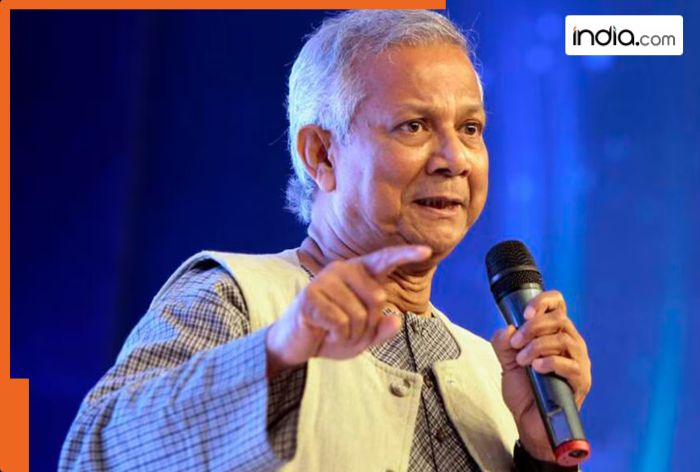Bangladesh’s Foreign Affairs Advisor, Tawheed Hussain, stated on Wednesday that the extradition of ousted Prime Minister Sheikh Hasina is one of several matters being addressed in bilateral talks with India. Strengthening relations with the United States, India, and China remains a top priority for Bangladesh’s interim government, he added.
Sheikh Hasina, 77, has been residing in India since August 5, following massive student-led protests that led to the collapse of her 16-year-old government. The International Crimes Tribunal (ICT) in Bangladesh has issued arrest warrants against Hasina, along with several former cabinet ministers, advisors, and civilian and military officials, for alleged “crimes against humanity and genocide.”
Balancing diplomacy and domestic stability
In response to a question about Hasina’s extradition, Hussain said, “This [extradition] is one of the issues, but there are other matters of mutual interest that we are working on simultaneously.” He emphasized that efforts to bring Hasina back and improve relations with India would progress in parallel. “I believe both objectives can advance simultaneously,” he said.
Hussain, a former diplomat and now the de facto foreign minister under Chief Advisor Mohammad Yunus, highlighted that resolving the Rohingya crisis and fostering strong bilateral ties with the U.S., India, and China would remain key priorities for Bangladesh in 2025.
“Our priorities are to resolve the Rohingya crisis, maintain strong relationships with these three nations, and further our economic and diplomatic efforts while ensuring stability,” he explained.
Equal focus on key global powers
When asked if Bangladesh prioritizes one country over another among the U.S., India, and China, Hussain clarified that all three are equally important. “None of these nations are at the bottom of our priority list,” he said. “Maintaining strong ties with all three is vital as our diverse interests are deeply intertwined with them.” Hussain also acknowledged that these countries have vested interests in maintaining good relations with Bangladesh.
Extradition request sent to India
The interim government recently sent a diplomatic communication to New Delhi, formally requesting Hasina’s extradition. Foreign ministry officials in Dhaka stated that they are awaiting India’s response before taking further steps. Hussain expressed hope that bilateral relations with these global powers would strengthen further by the end of the year.
Plans for Beijing visit
Hussain announced plans to visit Beijing on January 20 to discuss bilateral issues. While he did not elaborate on specific topics for discussion, he noted, “I will address shared concerns.”
When asked about the rapid developments in Myanmar’s Rakhine State, which borders Bangladesh, Hussain acknowledged the challenges posed by the evolving situation. “The situation in Rakhine is extremely challenging due to the changing ground realities there,” he said, adding that Dhaka has accepted this emerging reality.
As the interim government works on domestic stability and international diplomacy, Hasina’s extradition and Bangladesh’s relations with key global powers will remain pivotal in shaping the nation’s future.

